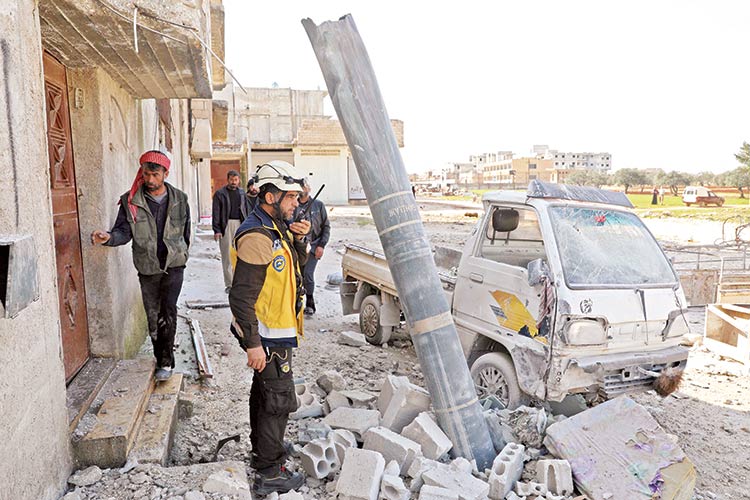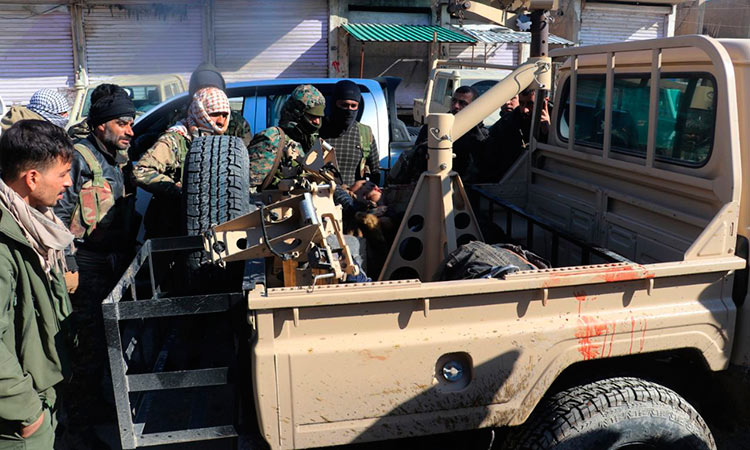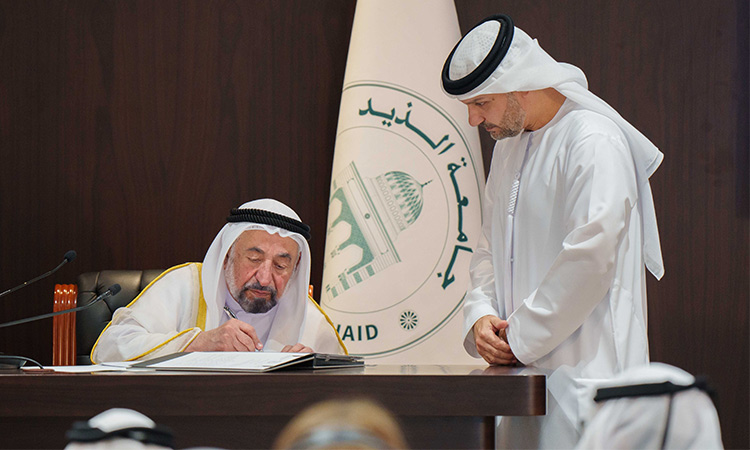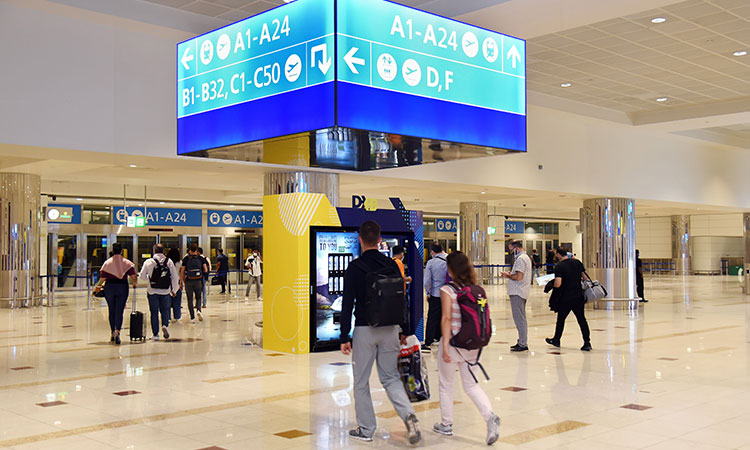Syria agencies ‘spied on people at large’
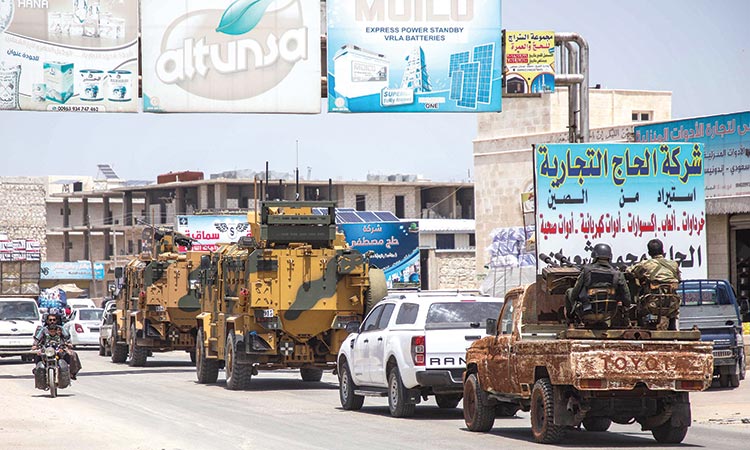
A Turkish military convoy moves along the Bab Al Hawa highway on Tuesday. Agence France-Presse
The documents obtained by the Washington-based Syria Justice and Accountability Center, show the agencies spied on the populace at large, sought to eliminate dissidents through detention, intimidation or killings and systematically persecuted the Kurdish minority even before the onset the 2011 uprising against Assad. The report, titled “Walls Have Ears, An Analysis of Classified Syrian Security Sector Documents” and based on a sample of 5,000 documents, presents some of the most damning evidence of state involvement - at the highest level - in the bloody crackdown on protesters, dissidents, and even foreign journalists in Syria.
The documents also offer a rare glimpse into the inner workings of Assad’s security agencies and how pervasively they monitored Syrians’ everyday lives.
Sometimes handwritten, notes contain orders from top commanders to arrest, detain and “do what is necessary” to quell the unrest.
One document details how a man informed on his own brother for supporting anti-Assad protests, prompting a security commander to seek permission to lure the brother into a trap. Another document, from the country’s top intelligence agency, the National Security Office, identified a French journalist of Lebanese descent as an “instigator of protests” and barred her from entering the country.
Several of the documents identify protesters by name, labelling many as terrorists without any evidence, while others detail the government’s policy of containing and monitoring political activities of the Kurdish minority.
“The documents show clearly that orders were very centralised and came from really high-level officials, including from heads of the security agency themselves, and in lots of documents from the National Security Office,” said Mohammad Al Abdallah, the director of the Washington-based group.
“This, combined with the nature of the orders — deployment of military units, surveillance, the use of lethal force, persecutions of the Kurds — all are proof a systematic state practice, and can be used as evidence to establish both the Syrian state responsibility and the individual criminal responsibility for committing war crimes and crimes against humanity,” he added.
Associated Press

